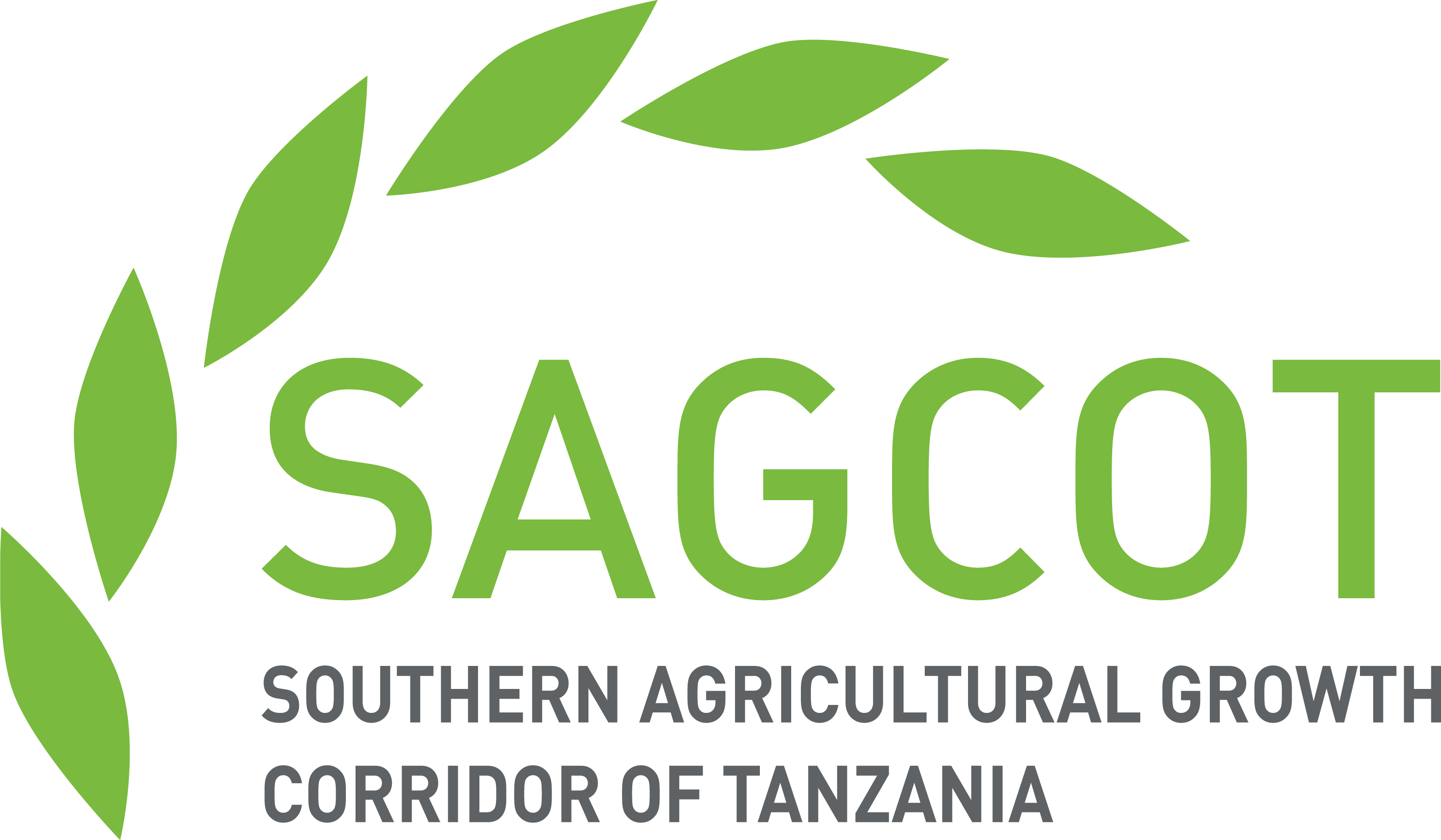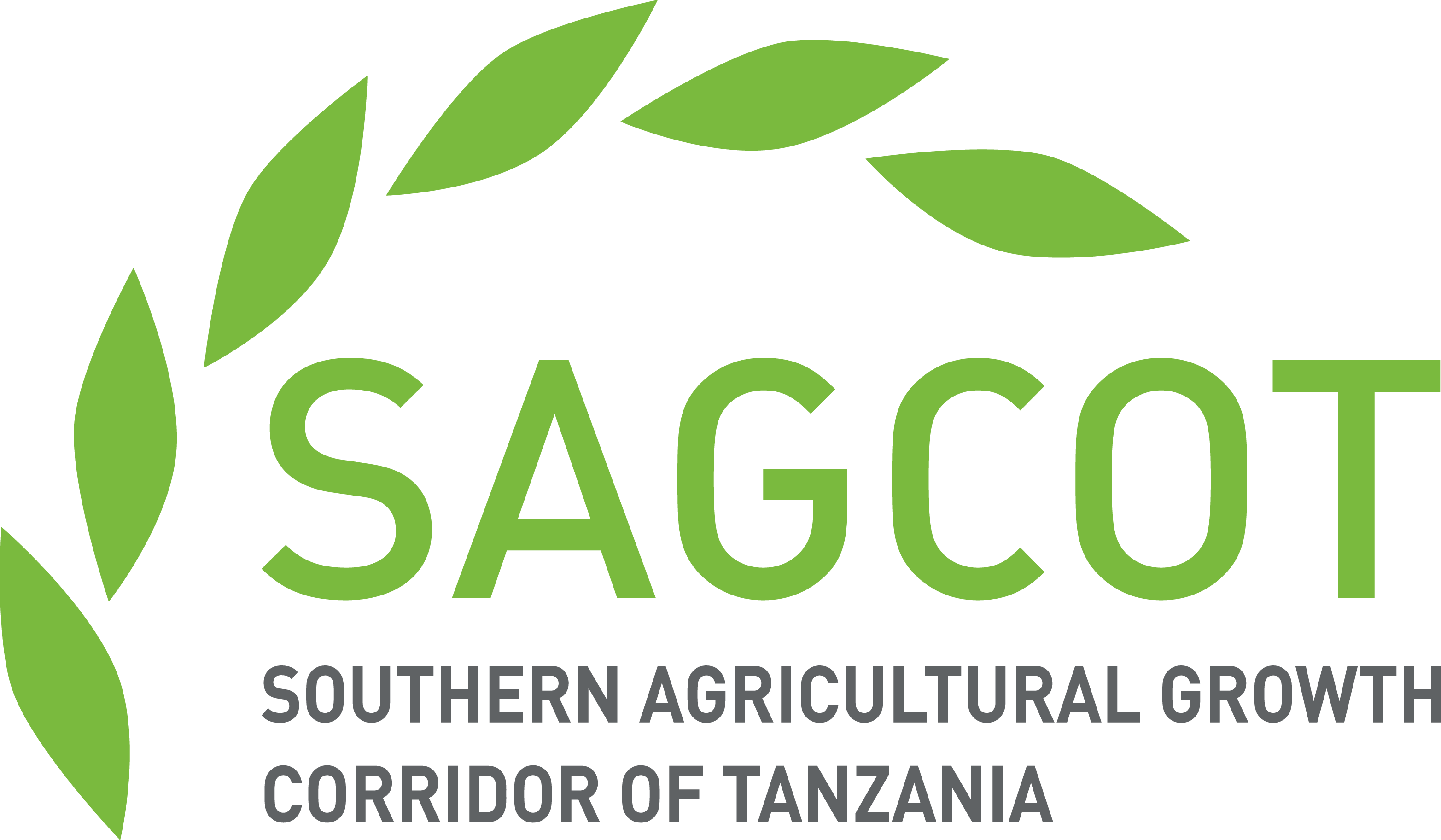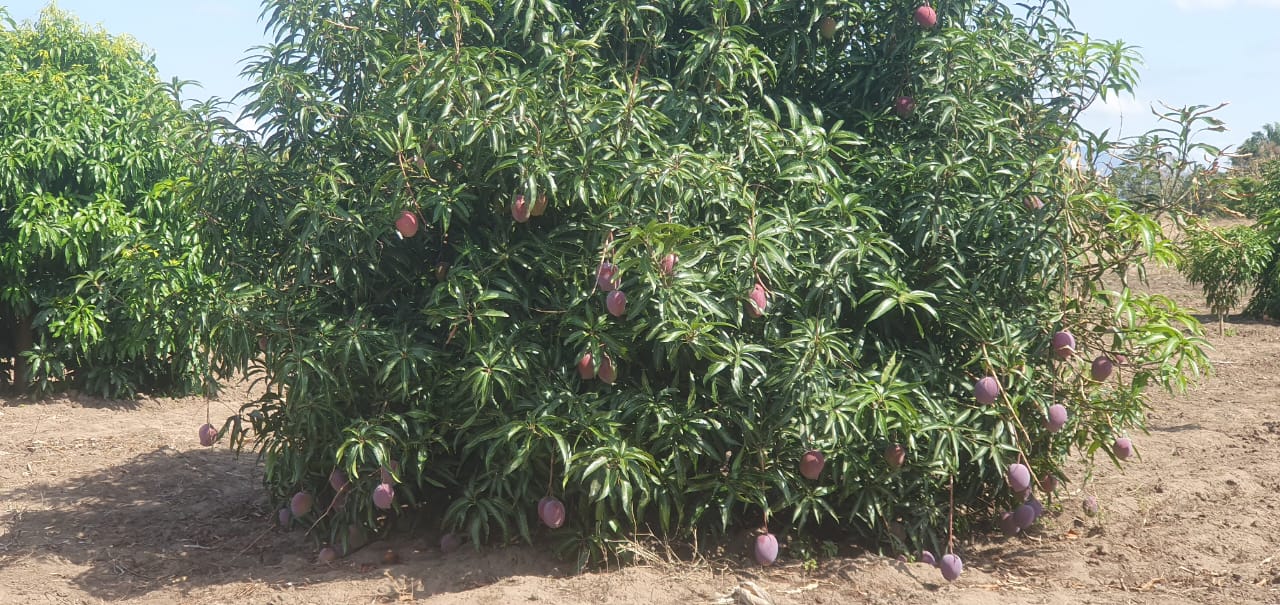The potential to transform Tanzania’s mango industry into a global powerhouse took centre stage during a vibrant discussion hosted by Agribusiness East Africa on Twitter Spaces on December 8, 2024. Moderated by Prof. Andrew Temu and SAGCOT CEO Geoffrey Kirenga, the event attracted agricultural experts, policymakers, and farmers determined to tackle challenges and unlock opportunities.
The global mango market, valued at $67.95 billion in 2024 with a compound annual growth rate of 6.7%, presents an extraordinary opportunity for Tanzania. As the 12th largest mango producer globally, Tanzania’s annual production of 700,000 metric tons positions it as a key player. However, limited value addition, pest control issues, and inadequate infrastructure hinder the industry’s full potential.
Setting the Stage for Transformation
Mr. Geoffrey Kirenga emphasized the significant opportunities for growth in Tanzania’s mango sector, not only in fresh fruit exports but also in processed products like juice, chutneys, and oils. He urged stakeholders to explore innovative uses of by-products, including mango kernel oil and vegan leather from mango peels, which can target niche markets.
Kirenga highlighted key challenges plaguing the industry:
- Limited Access to Quality Planting Materials: The lack of reliable grafted seedlings and certified mother trees hampers production expansion.
- Land Use Pressures: Urban sprawl in cities like Dar es Salaam is reducing the availability of prime mango-growing areas.
- Underutilized Processing Potential: Only a small percentage of mangoes are processed, leaving farmers exposed to post-harvest losses.
- Pest Control Issues: Fruit flies and other pests significantly reduce yields, necessitating a robust pest management strategy.
Enhancing Soil Health and Agronomic Practices
Dr. Salumu Diwani, a leading mango farmer, identified soil health as a critical factor in improving mango productivity. He stressed the importance of comprehensive soil and leaf analysis before planting seasons, citing microelements like zinc, boron, and magnesium as essential for healthy flowering and fruiting.
“We need advanced soil testing infrastructure across Tanzania to address nutrient deficiencies,” Dr. Diwani urged. He also emphasized improving agronomic practices such as pruning, fertilization, and water management, pointing out that countries like Australia and Israel have excelled by investing in agronomy research and farmer training.
Leveraging Expertise and Expanding Processing Infrastructure
Former MP Jitu Son Patel underscored the importance of specialized knowledge in mango cultivation. “Farmers need access to the right fertilizers and pesticides to achieve optimal yields,” he remarked. Patel compared Tanzania’s potential with India and Malawi, both of which have robust mango industries.
- India: A global leader in both mango production and consumption, with established export markets.
- Malawi: Benefits from a strategic off-season harvest, giving it a competitive edge in global markets.
Patel advocated for developing large-scale processing plants in Tanzania to:
- Handle surplus production.
- Minimize post-harvest losses.
- Create export-ready products for international markets.
Sustainability and Market Access
Mango farming’s role in sustainability and afforestation was highlighted by Engineer Octavian, who described mango trees as both economic and environmental assets. Their ability to generate carbon credits and combat deforestation makes them crucial in agroforestry systems. Successful models in areas like the Uluguru Mountains and Moshi were cited as examples to emulate.
To ensure access to global markets, stakeholders emphasized the importance of market certification and adherence to export standards. Farmer cooperatives were spotlighted for connecting growers to reliable supply chains.
Addressing Challenges and Driving Change
Participants did not shy away from discussing the challenges facing the mango industry:
- Post-Harvest Losses: Lack of cold storage facilities and processing plants lead to significant waste.
- Limited Infrastructure: Inadequate transport systems and rural roads impede market access.
- Policy Support: Advocacy for government investment in infrastructure and farmer-friendly policies is essential.
Samiri, a prominent agribusiness advocate, called for unified farmer action to push for solutions. “We need sustainable measures that empower farmers and address systemic issues,” he declared.
Inspiring a Vision for the Future
In his closing remarks, Prof. Andrew Temu encouraged participants to build on the session’s momentum, calling for a collaborative approach to transform Tanzania’s mango industry. Supporting this sentiment, Innocent, a key event supporter, stressed the importance of taking actionable steps and fostering continued dialogue.
Engineer Octavian Lasway, an expert in irrigation and hydrology and CEO of HGAGL (@greenagrictz), offered an optimistic projection for the future of Tanzania’s mango industry. “In the next seven to ten years, we will witness a mango revolution in Tanzania—driven by innovation, strategic partnerships, and an unwavering commitment to excellence,” he asserted. Known for his work in drip irrigation, greenhouse systems, and soil and water management, Lasway’s insights reflect his dedication to sustainable agricultural practices and his vision for transforming Tanzania’s mango sector into a global leader.
The dialogue illuminated a clear path forward for Tanzania’s mango sector: prioritizing innovation, collaboration, and sustainability. Tanzania is poised to become a global leader in mango production and export by addressing critical challenges, scaling processing infrastructure, and building market linkages. Tanzania needs to develop large-scale processing plants to handle surplus production, reduce post-harvest losses, and position the country strategically in global markets.
Mangoes: A Global Favorite with Strategic Opportunities
In various debates and forums, Dr. Salumu Diwani has consistently highlighted the global appeal of mangoes, describing them as a favorite among consumers due to their numerous health benefits. He shared that the global mango market was valued at $63.65 billion in 2023, with projections to reach $67.95 billion in 2024, reflecting an impressive annual growth rate of 6.7%.
Notably, Tanzania is uniquely positioned to produce off-season mangoes, making it a strategic supplier for global markets.
“Tanzania stands out among the world’s mango producers, contributing to the 15% of producers who harvest mangoes during the global off-season,” said Dr. Diwani. “This timing opens lucrative export opportunities and expanded markets, as even the largest producers become our customers.”
Empowering Smallholder Farmers
Dr. Diwani emphasized the pivotal role of smallholder farmers in Tanzania’s mango industry, drawing parallels with the Philippines, where 70% of mango production comes from small-scale farmers.
“In Tanzania, 99% of mango production comes from smallholder farmers cultivating plots averaging 3.5 acres,” he explained. “Investing in mango farming directly supports these farmers, enhancing their livelihoods.”
Dr. Diwani also applauded the government for its ongoing efforts, particularly in fruit fly control, and praised AMAGRO for its steadfast support of farmers in various aspects of mango agronomy.
Climate-Smart Agriculture and Sustainability
Mango cultivation was presented as a vital tool for climate resilience. Dr. Diwani highlighted the severe impacts of climate change on Tanzania, noting that the country has faced seven El Niño events since 2000. He advocated for deliberate action to combat desertification, pointing to mango trees as an effective climate-smart solution.
“One hectare of mangoes, with approximately 160 trees, has the potential to remove 160 metric tons of carbon dioxide during its lifetime,” he said. “Planting mangoes contributes to environmental restoration while supporting livelihoods through the expansive mango value chain.”
Dr. Diwani also underscored the value chain’s wide-reaching impact, which includes transportation, packaging, agrochemical supply, nurseries, and processing industries.





Denis Edward Mahende
December 20, 2024 6:34 amIts good idea